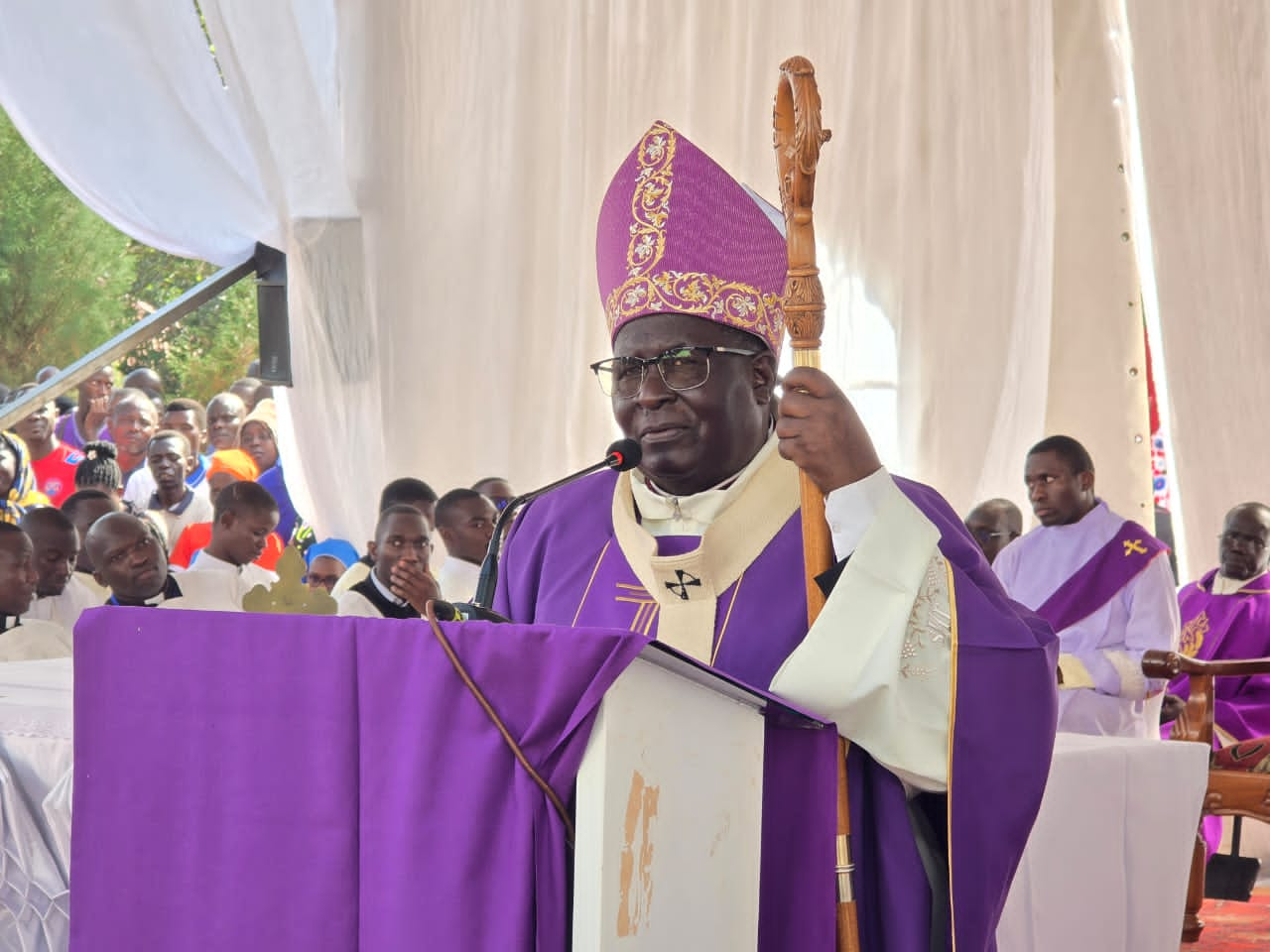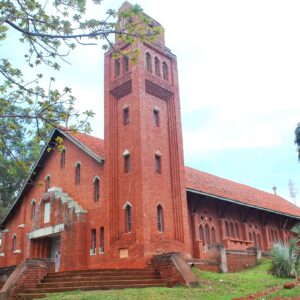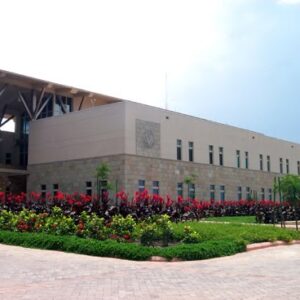Pope Leo XIV has appointed Archbishop Emmanuel Obbo, A.J., the Metropolitan Archbishop of Tororo, as the Apostolic Administrator of the Catholic Diocese of Jinja. The Vatican announcement was made through the Apostolic Nunciature in Kampala, confirming the Archbishop’s new temporary pastoral responsibility following the death of Bishop Charles Martin Wamika.
Bishop Charles Wamika died on 22nd October 2025 at Rubaga Hospital after battling prostate cancer and was buried on Tuesday, 28th October 2025 inside St. Joseph’s Cathedral, Jinja Diocese.
Archbishop Obbo’s appointment places him in charge of overseeing the diocese’s spiritual and administrative affairs until a new bishop is named.

This is not the first time Archbishop Obbo has carried such dual responsibility. He previously served as the Apostolic Administrator of Soroti Diocese for five years, from 2014 when he was appointed Archbishop of Tororo. He served till the appointment of Bishop Dr. Joseph Eciru Oliach in 2019.
Born in 1952 in Alebtong District, Archbishop Obbo belongs to the Apostles of Jesus congregation. He was ordained a priest in 1986 and has since held several leadership roles within the Catholic Church, including serving as Bishop of Soroti from 2007 before his appointment as Archbishop of Tororo in 2014.
The Diocese of Jinja, established in 1966, is one of the suffragan dioceses of the Archdiocese of Tororo. It covers districts of the Busoga sub-region.
Who is an Apostolic Administrator?
An apostolic administrator is a bishop who is appointed by the Pope to see to the good order and administration of a diocese that is awaiting the appointment of a permanent bishop or ordinary. In addition to his usual pastoral responsibilities as bishop, the apostolic administrator has the authority to make the necessary decisions for the daily operations of the diocese. Major decisions and initiatives are deferred to the new bishop unless an urgent situation requires action. The apostolic administrator is charged with deciding what issues need to be addressed during this interim period and what issues need to wait for the attention of the new bishop. The role of the apostolic administrator ends when the new bishop is installed.
In general, the Apostolic Administrator is subject to the same obligations and possesses the same powers as a diocesan bishop. However, there are certain limitations on the power of the administrator that hinge upon his status.
Under the code of canon law, an interim apostolic or diocesan administrator must be appointed to oversee the affairs of the diocese when the diocese becomes vacant. A diocese becomes vacant whenever the diocesan bishop dies, retires, resigns, or is transferred from or deprived of his see by the Roman Pontiff. The vacancy of the see becomes effective at the time that written notice of acceptance is received by the diocesan bishop.
Canon law itself denies the administrator the power to perform certain actions that are permitted to the diocesan bishop. For example, Church law allows the administrator to issue letters authorizing the ordination of diocesan priests or deacons but states he can only do so with the consent of the College of Consultors of the diocese.
There are certain functions that the administrator may perform only after the diocesan see has been impeded or stood vacant for more than one year. For example, the administrator may grant
incardination or excardination to priests and deacons only if the diocese has been vacant for a year. The administrator can name priests as administrators of parishes but cannot name them pastors unless the diocese has been without a diocesan bishop for at least one year.
Finally, Church law prohibits the administrator from taking actions which may prejudice the rights of the diocese or its bishop. This would include suppression of parishes and relegation of churches to profane use.
Apart from such limitations, the administrator enjoys powers and has obligations equivalent to those of a diocesan bishop in all respects. For example, with regard to selling of ecclesiastical property, the administrator needs to obtain the consent of both the college of consultors and the diocesan finance council when the value of the property to be alienated falls within the minimum and maximum amounts set by the episcopal conference.
In general, the Apostolic Administrator maintains the necessary day to day functioning of a diocese but does not make any structural changes that would truly be innovations in the particular diocese.






